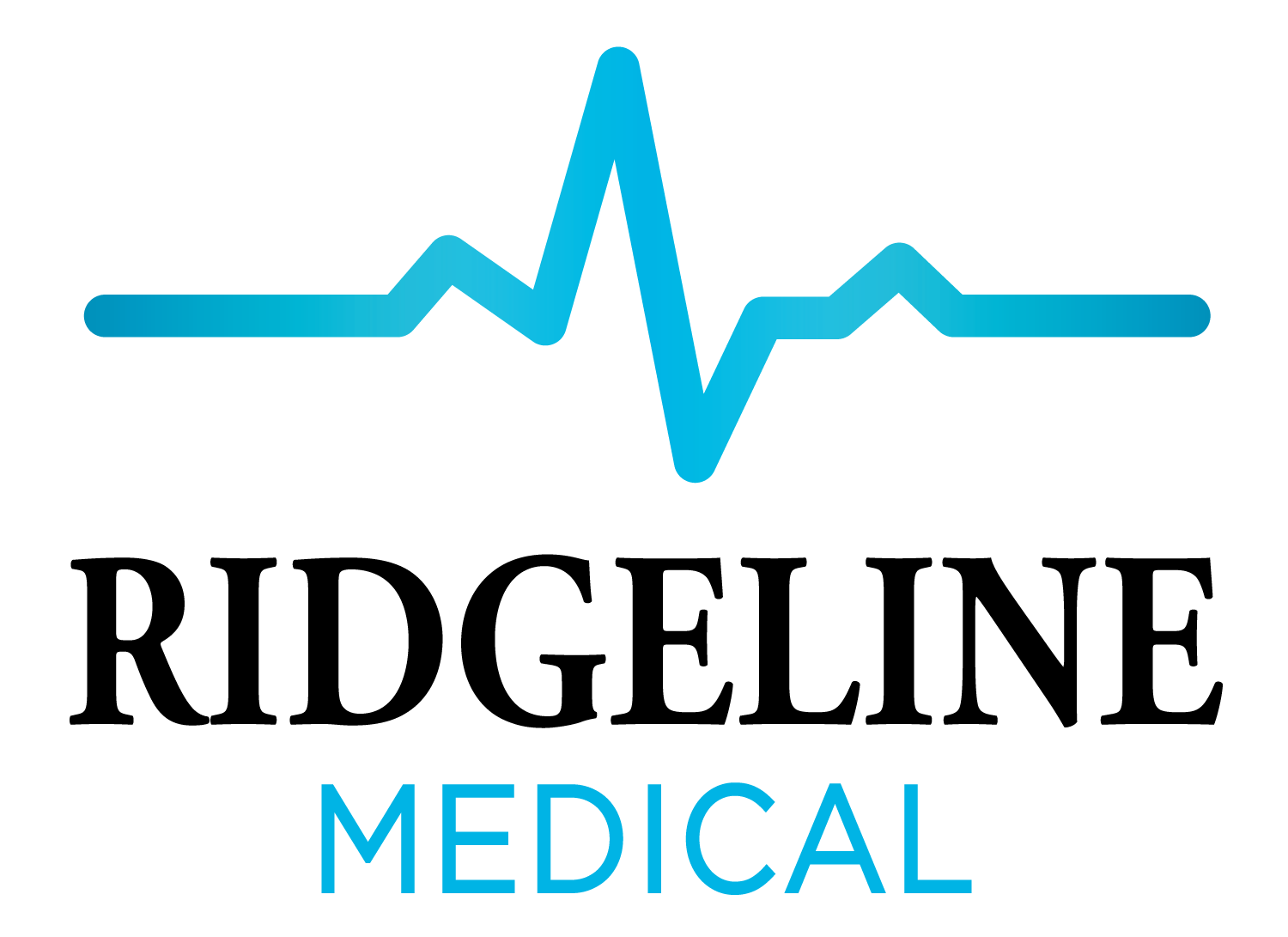Many Americans have risks for cardiovascular disease and stroke. Some of these risks include:
- Obesity
- Physical Inactivity
- High Blood Pressure
- Smoking
- High Cholesterol
- Diabetes
- Family history- Father or brother had heart disease before 55, mother or sister had heart disease before 65
- Age- Men over 45 and women over 55 are at higher risk
The good news, many of the major risks for these conditions can be prevented and controlled through healthy lifestyle changes! Here are some things you can do to help practice healthy living habits and reduce your risk of heart disease or stroke.
- Follow the “ABCS” of heart health! A- Take Aspirin if directed. Ask your health care professional if aspirin could help reduce your risk of heart attack or stroke. Be sure to include your family history as well as your own history. B- Blood Pressure Control. High blood pressure increases your risk for heart attack or stroke more than any other risk factor. Check your blood pressure frequently, and ask your health provider about your numbers and if medication or other lifestyle changes are needed to help keep your blood pressure under control. C. Cholesterol management. Your body needs cholesterol, but too much cholesterol can build up in your arteries and cause heart disease. Talk to your doctor about checking your levels regularly and using medications or other means to help lower it if needed. S. Stop Smoking. Smoking raises your blood pressure, increasing your risk for heart attacks and strokes.
2. Eat a healthy diet. Eating a variety of foods rich in nutrients like potassium, calcium, magnesium, fiber, and protein and lower in sodium and saturated fat can help keep your blood pressure low and protect against heart disease and stroke. Choose foods that are low in trans fat and sodium (less than 2,300 mg of sodium per day or only 1500 mg of sodium per day if you are 51 or older or have other medical conditions). Make sure to load up on fruits and vegetables, and seek out recipes that are healthy, fresh, and flavorful. Check out this heart-healthy recipe for Hawaiian Huli Huli Chicken!https://healthyeating.nhlbi.nih.gov/recipedetail.aspx?linkId=12&cId=2&rId=126
3. Maintain a healthy weight. Staying physically active can help you control your weight and strengthen your heart. If you are just beginning to get started being physically active, try walking for 10 minutes, 3 times a day, for 5 days a week. Slowly increase your activity as tolerated and directed by your healthcare provider.
4. Limit alcohol use. Heart health experts suggest no more than one drink a day for women and two for men. (1 oz of hard liquor, 4 oz. of wine, or 12 oz. of beer = 1 drink)
5. Manage stress. Try finding ways to reduce stress in your life. Meditation, yoga, or talking to someone can be good options for relieving stress. Make sure to also get enough sleep and allow time for yourself.
Through lifestyle changes, medications, and regular doctor appointments, you can help reduce your risk of heart attack or stroke! At Ridgeline Medical, we can help evaluate your heart health and risk of heart attack to find the right treatment plan for you. Ridgeline’s team consists of highly qualified medical professionals who strive to give their patients the highest quality of care to people of all ages. Our providers work together to optimize their patient’s health by creating a relationship with them, genuinely listening, and cultivating a safe place. Contact us at 208-715-9990 or text us at 208-203-7113 with questions about heart health or any of our other healthcare services!
Some content is provided by health.gov and cdc.gov.




